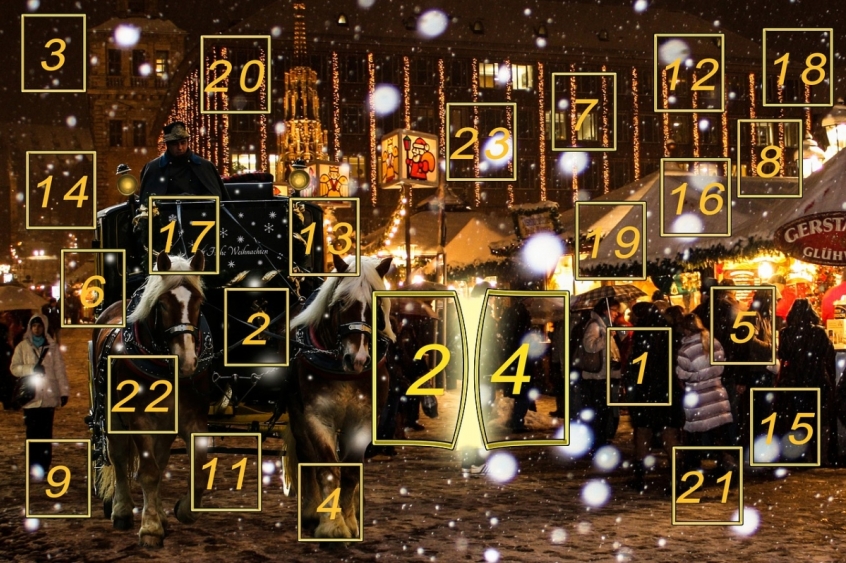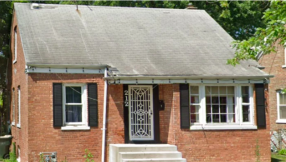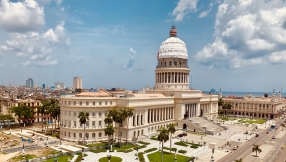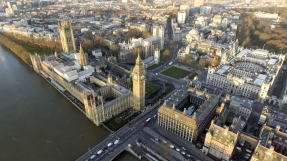The makers of Advent calendars are adamant – December 1 is when Advent begins.
The Church season leading up to Christmas is a key part of the Christian year, with its own set readings Sunday by Sunday designed to lead Christians to consider the spiritual realities behind the annual shopping spree. Advent calendars – a tradition imported from Germany in the 19th century under the influence of Prince Albert, Queen Victoria's German husband – provide windows behind which a chocolate or other treat – or a verse of Scripture – might be found.

But however convenient it is for these manufacturers to start Advent on December 1, the Church is clear: Advent is a 'moveable feast' and begins on the third Sunday before Christmas. This year it's quite late, on Sunday December 3.
And while Advent calendars provide daily luxuries, usually edible, in Christian tradition Advent is a time of prayer and self-denial, sometimes known as the 'little Lent'. Christmas is for feasting, Advent is for fasting.
Advent Sunday is a great occasion in many churches, with traditional hymns such as O Come, O come Emmanuel , Hark! The glad sound and Come, thou long-expected Jesus being sung. In many churches the first Advent candle is lit.













